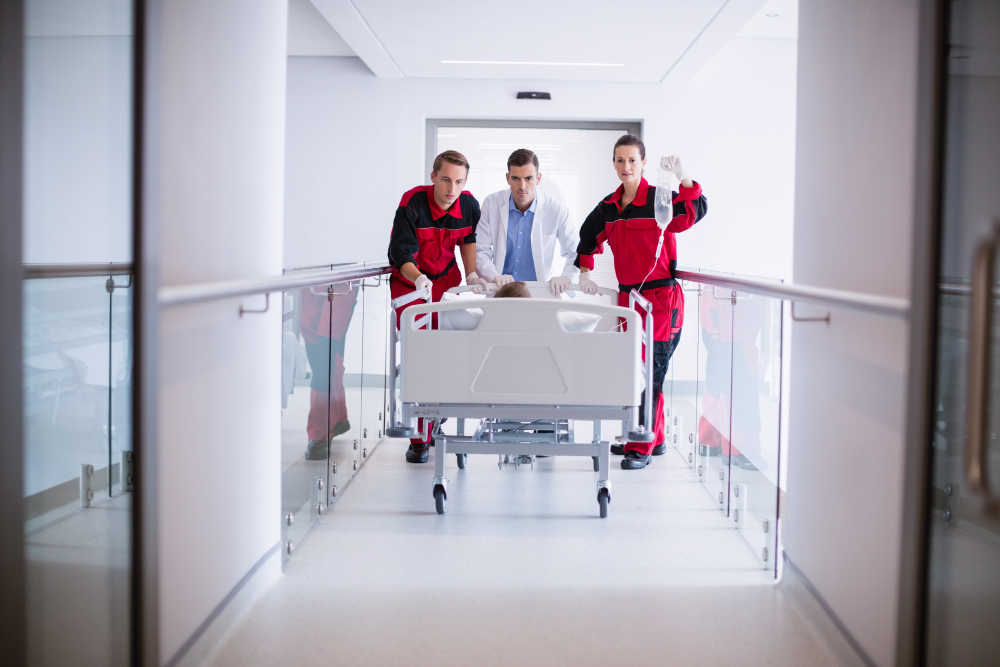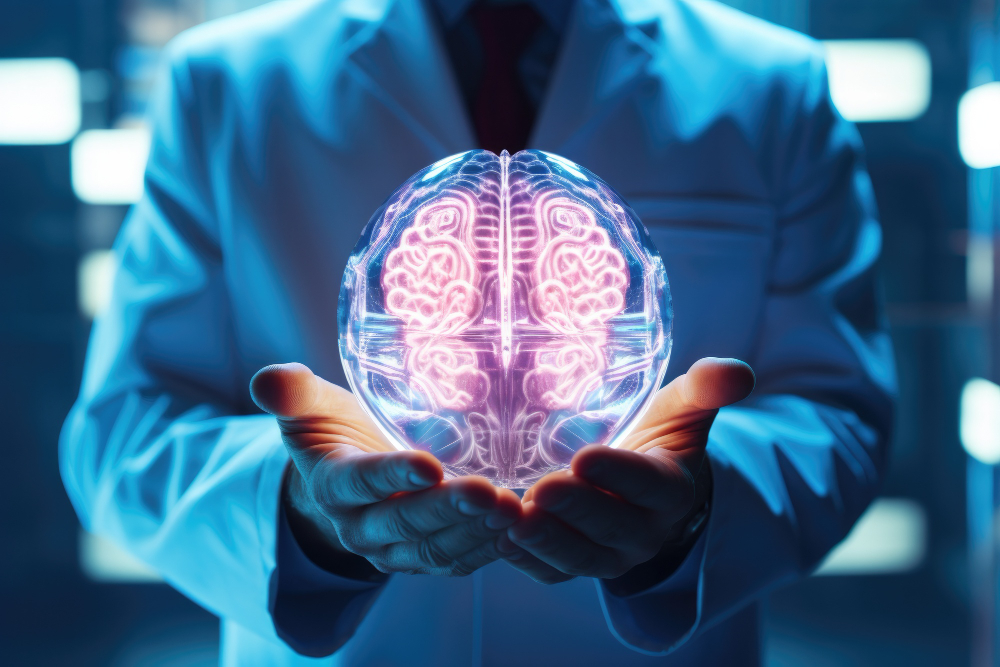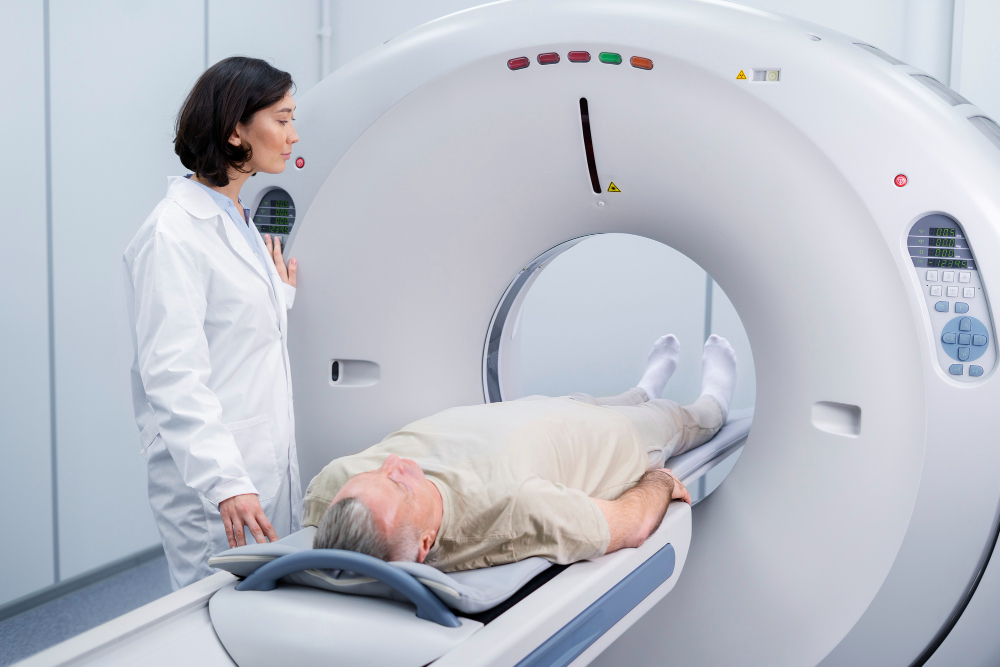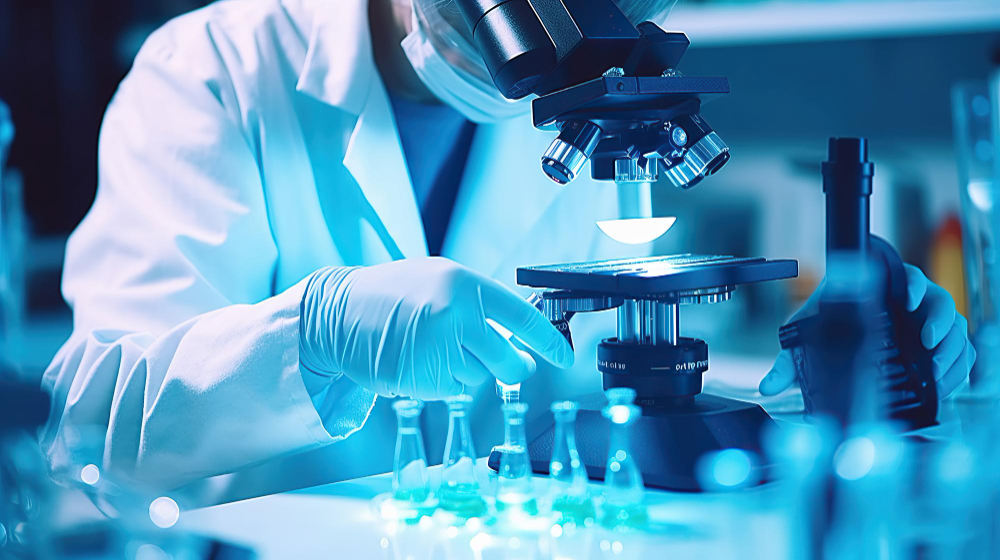24/7 Key Features

Treatments & Services
24/7 Key Features

Obstetrics and Gynaecology
Obstetrics and Gynecology (OB/GYN) is a medical specialty focused on women's reproductive health, encompassing both obstetrics, which deals with pregnancy, childbirth, and postpartum care, and gynecology, which addresses the health of the female reproductive system. OB/GYN specialists provide comprehensive care, including prenatal care, labor and delivery management, fertility treatment, contraception, and treatment for gynecological conditions such as menstrual disorders, pelvic pain, and cervical abnormalities. They play a crucial role in promoting and maintaining women's health throughout their lives.

Orthopedic Surgery
Orthopedic surgery is a medical specialty focused on diagnosing, treating, and preventing conditions affecting the musculoskeletal system, including bones, joints, ligaments, tendons, and muscles. Orthopedic surgeons utilize surgical and non-surgical techniques to address a wide range of orthopedic issues, such as fractures, sports injuries, degenerative diseases like arthritis, spinal disorders, and congenital abnormalities. The goal of orthopedic surgery is to relieve pain, restore function, and improve mobility, enabling patients to lead active and fulfilling lives.

General Medicine
General medicine, also known as internal medicine, is a medical specialty focused on the prevention, diagnosis, and treatment of a wide range of diseases and health conditions affecting adults. General medicine practitioners, known as internists, are skilled in managing complex and chronic illnesses, as well as providing primary care services such as routine check-ups, screenings, and vaccinations. They coordinate care across various medical specialties and strive to promote overall health and well-being through comprehensive and personalized patient care.

Emergency Services
Emergency services encompass a range of medical interventions and resources designed to address urgent and life-threatening situations promptly. Emergency medical personnel, including paramedics and emergency physicians, provide rapid assessment, stabilization, and treatment to patients experiencing critical injuries, severe illnesses, or trauma. These services are available 24/7 in emergency departments of hospitals and urgent care centers. Their primary goal is to save lives, alleviate suffering, and ensure patients receive timely and appropriate medical care during emergencies.

Ambulance Services
Ambulance services provide rapid medical transportation for individuals in need of urgent medical care or assistance. Staffed by trained paramedics and emergency medical technicians (EMTs), ambulances are equipped with essential medical equipment to stabilize patients and provide treatment en route to the hospital. They play a critical role in responding to medical emergencies such as accidents, heart attacks, and strokes, ensuring timely access to medical care and improving the chances of positive outcomes for patients in distress.

Pharmacy
Pharmacies are healthcare facilities where medications, medical supplies, and health-related products are dispensed and sold. Pharmacists, trained healthcare professionals, provide expertise on prescription and over-the-counter medications, including dosage, side effects, and interactions. They also offer counseling on medication adherence and provide immunizations and health screenings. Pharmacies play a vital role in healthcare delivery by ensuring safe and accurate medication management, promoting wellness, and facilitating access to essential healthcare products and services for the community.

Neurology
Neurology is a medical specialty focused on diagnosing and treating disorders of the nervous system, encompassing the brain, spinal cord, nerves, and muscles. Neurologists specialize in conditions like epilepsy, stroke, multiple sclerosis, Alzheimer's, Parkinson's, and neuromuscular disorders. Diagnostic tools include neurological exams, imaging (MRI, CT), and nerve conduction tests. Treatment may involve medications, therapies, and surgeries. Neurologists collaborate with neurosurgeons, therapists, and researchers to provide comprehensive care, aiming to improve patients' quality of life and manage neurological conditions effectively.

CT Scan
A CT scan, or computed tomography scan, is a non-invasive medical imaging technique that uses X-rays and computer processing to create detailed cross-sectional images of the body. It provides valuable information about internal organs, bones, soft tissues, and blood vessels, aiding in the diagnosis and treatment of various medical conditions such as injuries, tumors, infections, and abnormalities. CT scans are fast, painless, and widely used in healthcare for their ability to reveal precise anatomical structures and abnormalities. However, due to the use of X-rays, precautions are taken to minimize radiation exposure, especially in vulnerable populations such as pregnant women.

Laboratory Services
Our 24/7 lab services provide immediate access to a wide range of diagnostic tests, ensuring timely and accurate healthcare. With skilled technicians and rigorous quality control, the lab delivers reliable results across medical specialties. Integrated with state-of-the-art equipment, it supports comprehensive patient care and quick response during emergencies. These key features reflect Vijaya Hospital's commitment to high-quality, accessible lab services round the clock, prioritizing efficient diagnosis and treatment for optimal patient outcomes.

Physiotherapy
Physiotherapy focuses on restoring physical function and mobility through exercises, manual therapy, and education. Physiotherapists assess and create personalized plans for patients recovering from injuries, managing chronic conditions, or improving overall well-being. Common interventions include therapeutic exercises, manual techniques like massage or joint manipulation, and modalities like ultrasound or electrical stimulation. Physiotherapy plays a key role in rehabilitation across various medical specialties, aiming to enhance strength, flexibility, and quality of life while reducing pain and improving functional independence.


